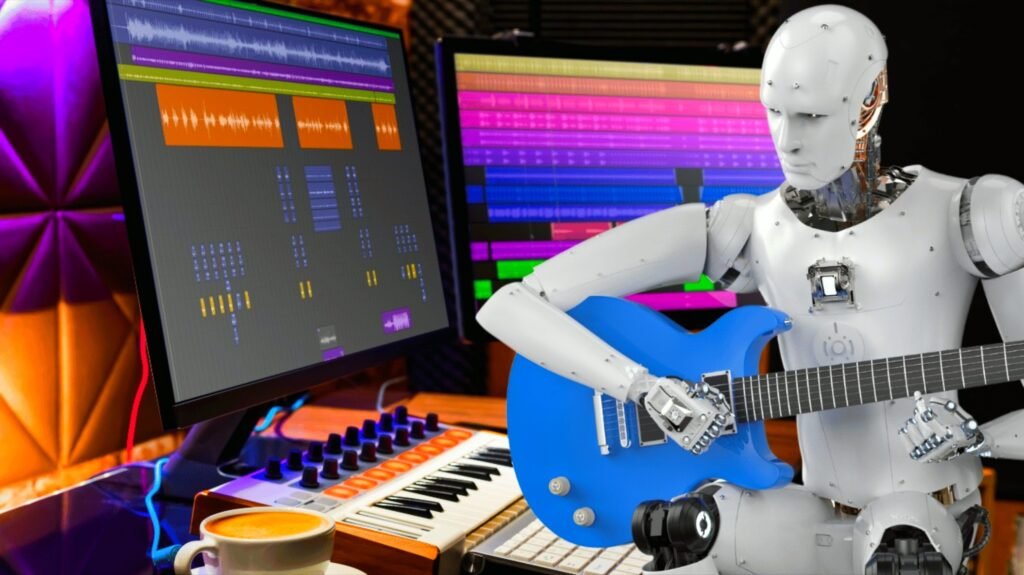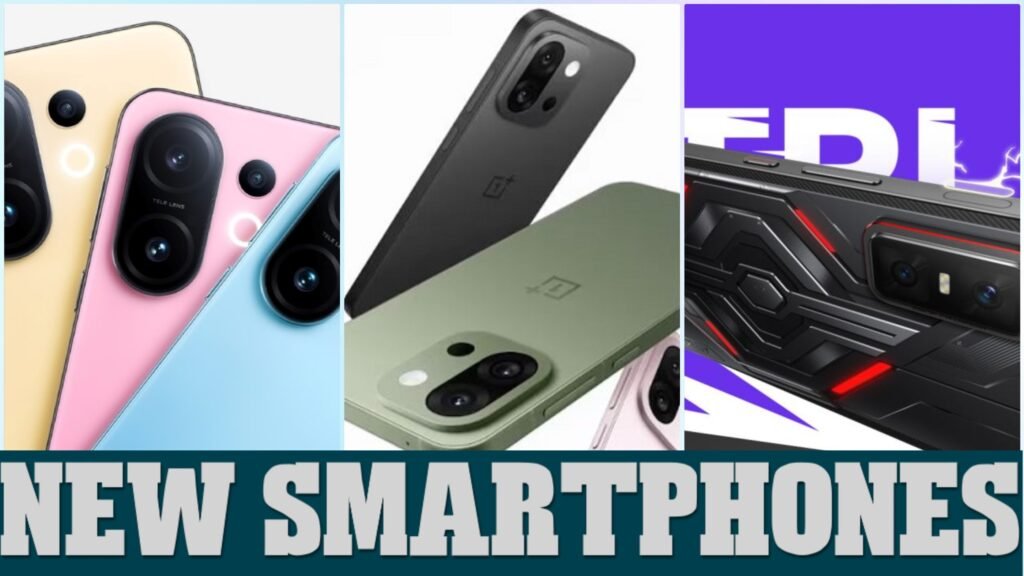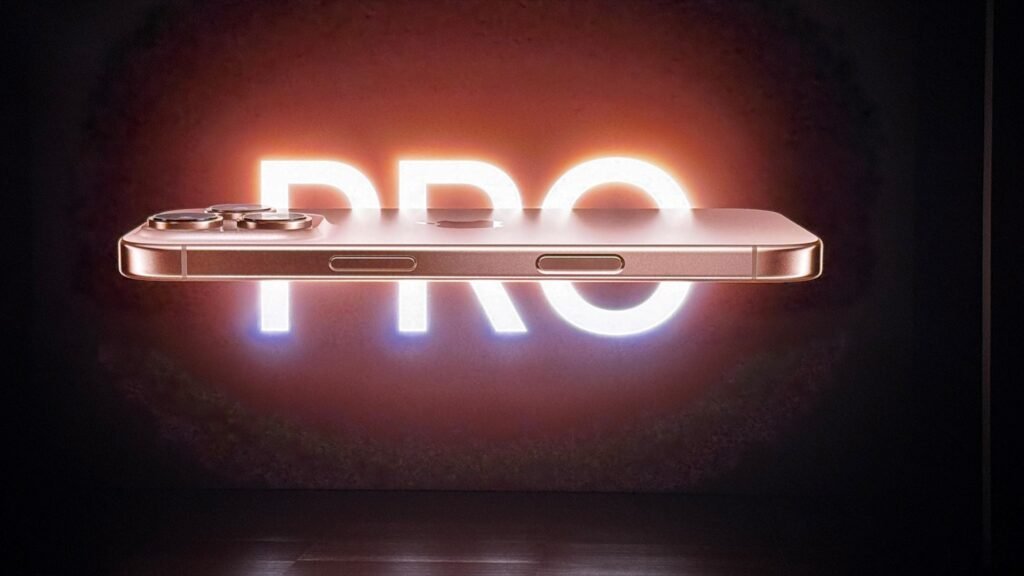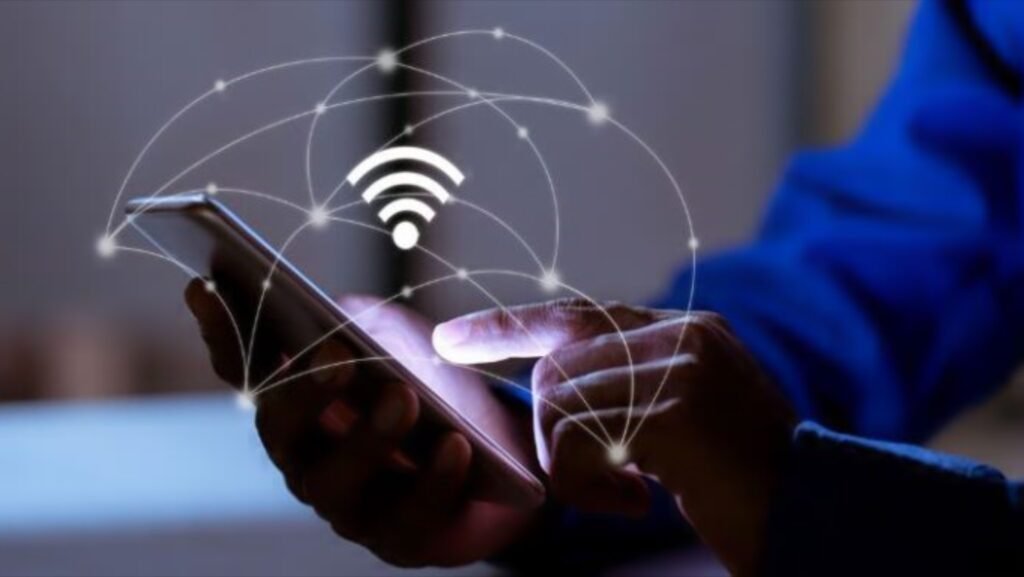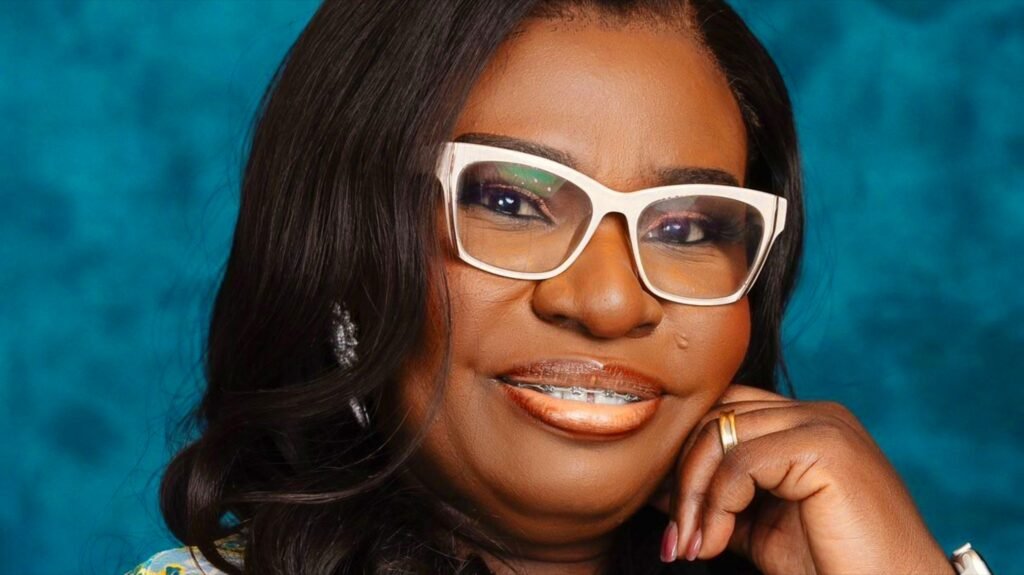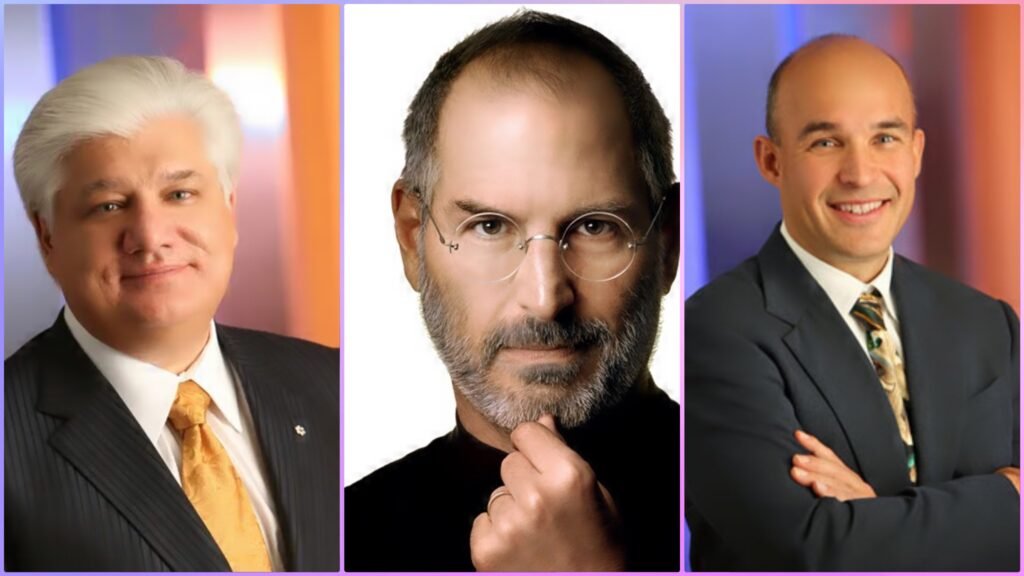IMAGINE this: a world where AI-generated music entirely replaces human musicians. Sounds intense, doesn’t it? Picture the diverse richness of human culture, emotions, and stories in music being reduced to a uniform, algorithm-created sound. It raises a crucial question: how do we embrace the excitement of new technology without losing the unique human touch that makes music so special?
Music is more than just sound; it’s a powerful reflection of human emotions and experiences. Our deep connection to music comes from its unique ability to evoke memories and feelings that often defy explanation. The joy, sorrow, and everything in between captured in music are what make it so impactful and meaningful.
With artificial intelligence now playing a role in music creation, AI-generated tracks — crafted by algorithms that can mimic styles and produce entire compositions — are gaining traction. While AI makes music production more accessible to everyone, it also risks stripping away the imperfections and nuances that give music its emotional depth. These subtle imperfections, like the slight variations in a singer’s voice or the quirks of an instrument, are what connect us to music on a human level.
The rise of AI-generated music raises concerns about the future of human creativity. AI might produce countless variations of songs, but it lacks the lived experiences and cultural depth that humans bring to their music. As a result, there’s a risk that music could become too uniform, losing the personal stories and emotional connections that make it vibrant. Additionally, the growing presence of AI in music could economically impact human musicians, leading to fewer opportunities and financial struggles.
However, there’s hope in collaboration. When AI developers and human musicians work together, they can push creative boundaries and explore new artistic possibilities while preserving the authentic human touch. Organizations, governments, and educational institutions must also play a role in supporting human artists, ensuring fair compensation, and integrating AI into music education. By doing so, we can strike a balance where technology enhances rather than diminishes the essence of human artistry, ensuring a future for music that remains rich, diverse, and deeply connected to our shared humanity.
